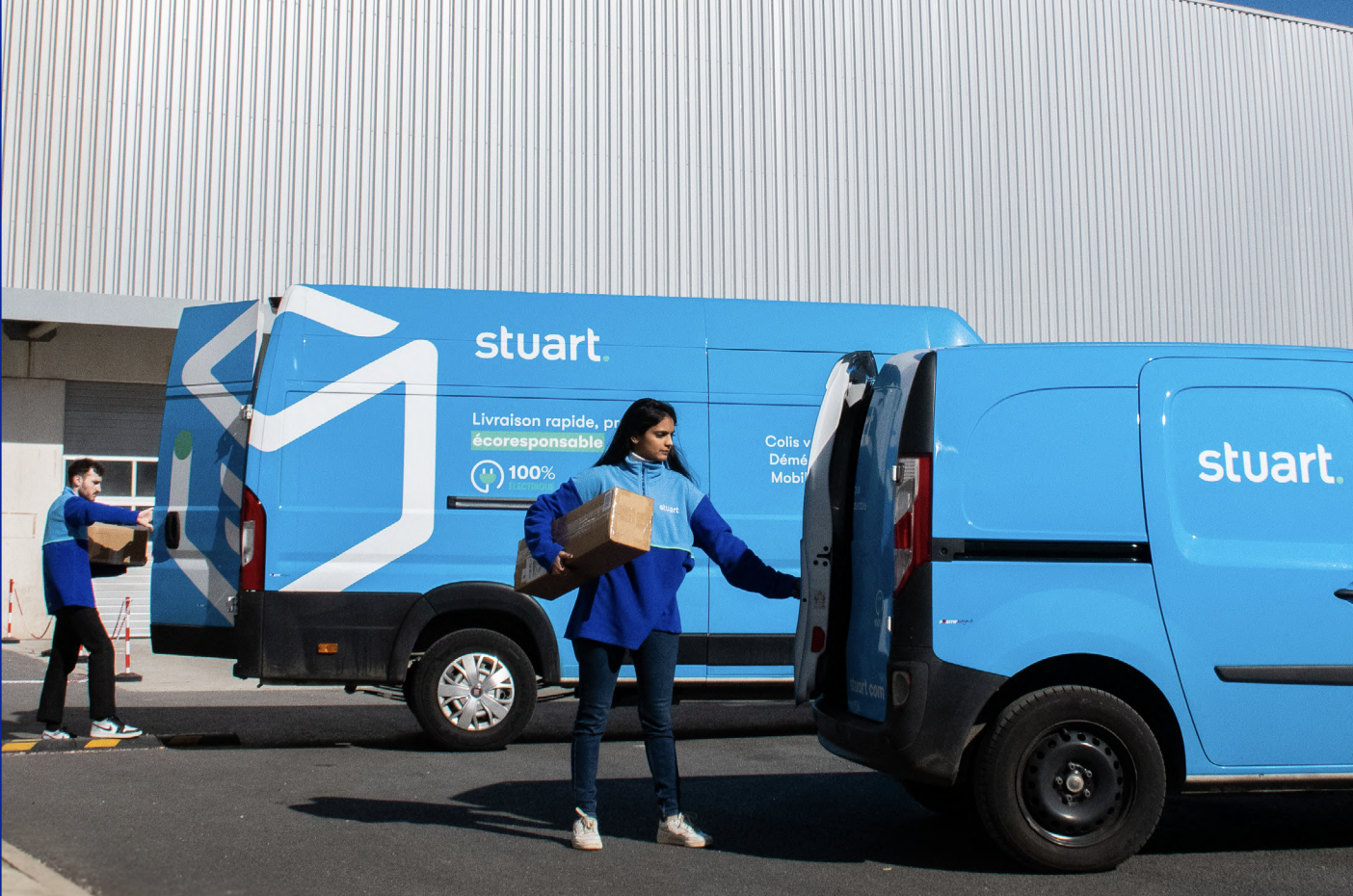Asda shoppers turned online to buy in the Christmas quarter of its year – using expanded capacity that the supermarket has built up over the months of the Covid-19 pandemic.
The supermarket, whose sale to the Issa brothers completed earlier this week, said that online sales across the asda.com and george.com websites grew by 76% in the fourth quarter of its financial year, after Asda increased its home shopping capacity by 90%, providing 850,000 delivery slots a week between March and December 2020.
The lift in online sales helped to boost the supermarket’s overall like-for-like sales by 5.1% in the quarter to December 31, and by 6.9% in the eight week peak trading period leading up to December 24. At the same time, spending on its premium Extra Special lines grew by 30% in December, notably on meat, fish and poultry.
Roger Burnley, Asda chief executive and president, says: “Our focus on keeping prices low, providing great quality products and keeping customers safe when they visit our stores were key to delivering a strong performance across the quarter and particularly during the busy Christmas period.
“The festive season was like no other and I am proud of the way Asda colleagues responded to the exceptional circumstances they faced. It was only right that we recognised their hard work by closing our stores on Boxing Day so the vast majority of them could spend more time with their family during this period.”
Asda, an Elite retailer in RXUK Top500 research, is bringing more third party retailers into its stores through a partnership strategy. Fashion brand Accessorize opened in an aisle at Asda Sutton Coldfield selling bags, jewellery and seasonal clothes. Two compact B&Q shops have opened in its Sheffield and Dagenham shops during the quarter, and partnerships have also been extended with retailers including Claire’s Accessories, Decathlon and musicMagpie.
The supermarket has also started offering Covid vaccinations in its stores.
Burnley says: “As a business, we have demonstrated huge resilience during the last quarter – and year as a whole – supporting customers and communities during the most challenging of times. Helping local communities recover from the pandemic remains a key priority this year – as the recent launch of our in-store Covid vaccination service and starting the donation of 7,000 laptops to schools to tackle digital exclusion during lockdown shows.”
Asda’s figures reflect a period before its sale by Walmart to the Issa brothers, founders and co-chief executives of Blackburn-based convenience and forecourts retailer EG Group, and TDR Capital. The partners bought the business in an £8.6bn deal that completed on Tuesday.
Commenting on this week’s figures, Thomas Brereton, senior retail analyst at data and analytics company GlobalData, says: “While there are slight differences in the reporting periods of supermarkets, almost any calculation shows Asda has significantly underperformed its Big Four and discounter rivals, all of which have recorded – as a minimum – a 7% increase In LFL sales over the final three months of the year. Although there are some mitigating circumstances – such as compassionately closing stores on Boxing Day – today’s results are well below par.”
He adds: “We’ve now seen several consecutive periods of underperformance from Asda, which points to underlying problems with its strategy that have been made more readily visible over the Covid-19 pandemic period. For example, despite Asda’s relative strength in the online market pre-2020, others (particularly Tesco) responded to the shift of spend to the channel with much greater dynamism, ramping up store picking and fulfilment far quicker than Asda. Many of Asda’s propositional trials – such as the unveiling of its new sustainability store in October – show a similar theme, with Asda moving in the right direction, but somewhat slower than competitors.
“It is clear then that, under the new owners (Mohsin and Zuber Issa), Asda’s long-term strategy needs an overhaul. It must be comfortable knowing where it sits in the grocery market, particularly around its ability to maintain its value reputation against the prosperous discounters, and how that cooperates with expansion of the digital side of operations.”










